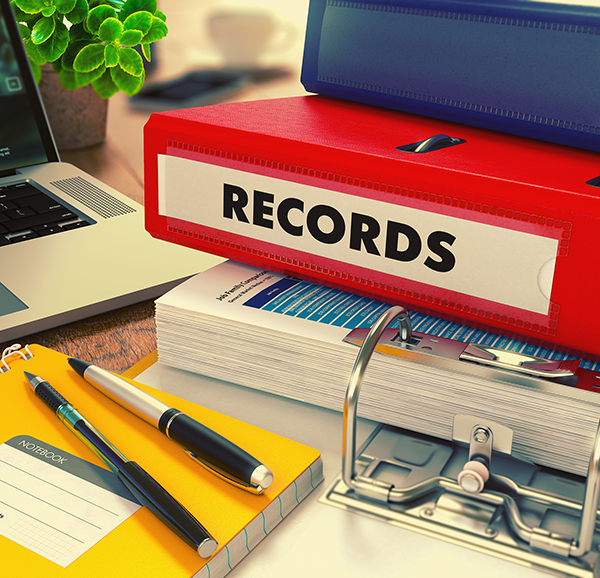
News & Stories
Let’s Stay Connected
Get the latest on Hanmi news and stories.

The Business Records You Should Keep
As a business owner, you should keep certain records for a minimum of 3 to 4 years. The types of records you are required to retain may depend on the types of business you are in, but here are some basic guidelines.
- Business Tax Returns
The IRS requires that you keep your business tax returns for 3 years from the date of filing, in case of an audit. Many accountants recommend keeping returns for 7 years, as the IRS can impose a penalty if you fail to report any income in the previous 6 years. - Income/Purchases/Expenses
You should keep all records of income, purchases, and expenses from your business. These documents can include receipt books, account statements, invoices, 1099 forms, cancelled checks, and deposit records. A purchase is anything you buy to resell to customers for your business, including the cost of purchasing manufacturing materials for your products. Expenses are any costs incurred to sustain your business operations. - Employee/Payroll Records
The IRS recommends holding onto all employee tax records for 4 years from filing. These records can include any information about your employees, benefit payments, and daily timesheets. It is also recommended that you keep any documentation regarding the hiring and termination of any current and former employee, each employee’s human resources files, and performance reviews. In the U.S., federal anti-discrimination laws also dictate certain companies’ bookkeeping practices. Title VII and the Americans with Disabilities Act (ADA) require companies of 15 employees or more to keep all hiring records for one year after the date of hire.
*This material has been prepared for informational purposes only. Please consult with your financial professionals for advice.
고객이 최우선입니다
준비된 전문가들에게 문의하세요. 간단한 질문에서부터 종합적인 뱅킹 솔루션까지 성심껏 도와드립니다.
가까운 한미은행 지점에 방문하세요
계신 곳에서 가까운 한미은행 지점과 ATM의 주소, 전화번호와 영업시간을 안내해 드립니다. 고객분들을 언제나 웃음으로 맞이하겠습니다.